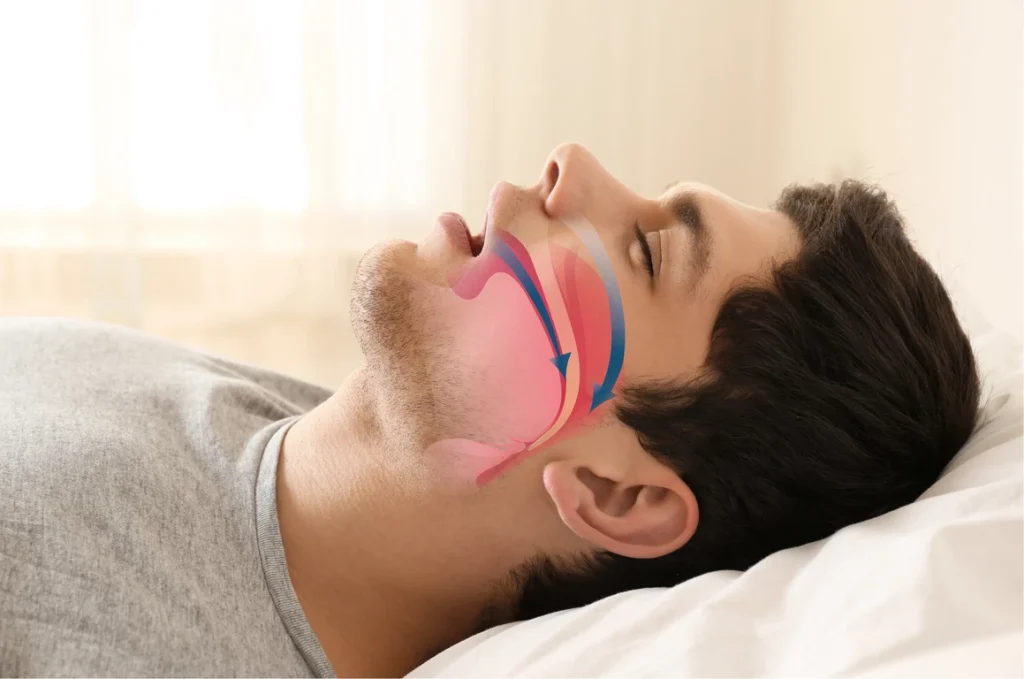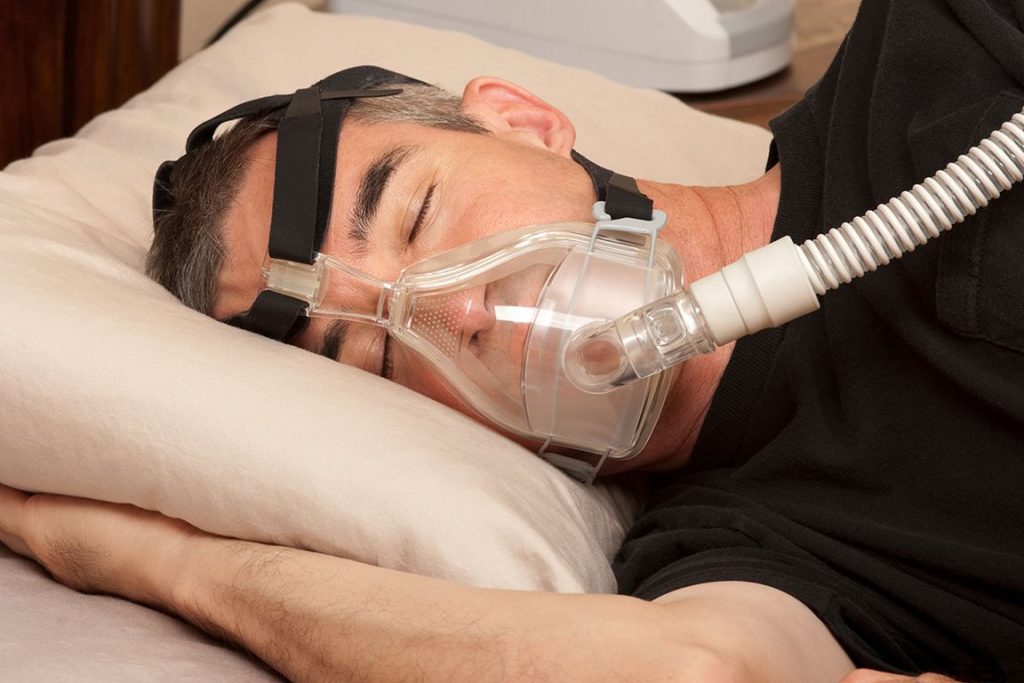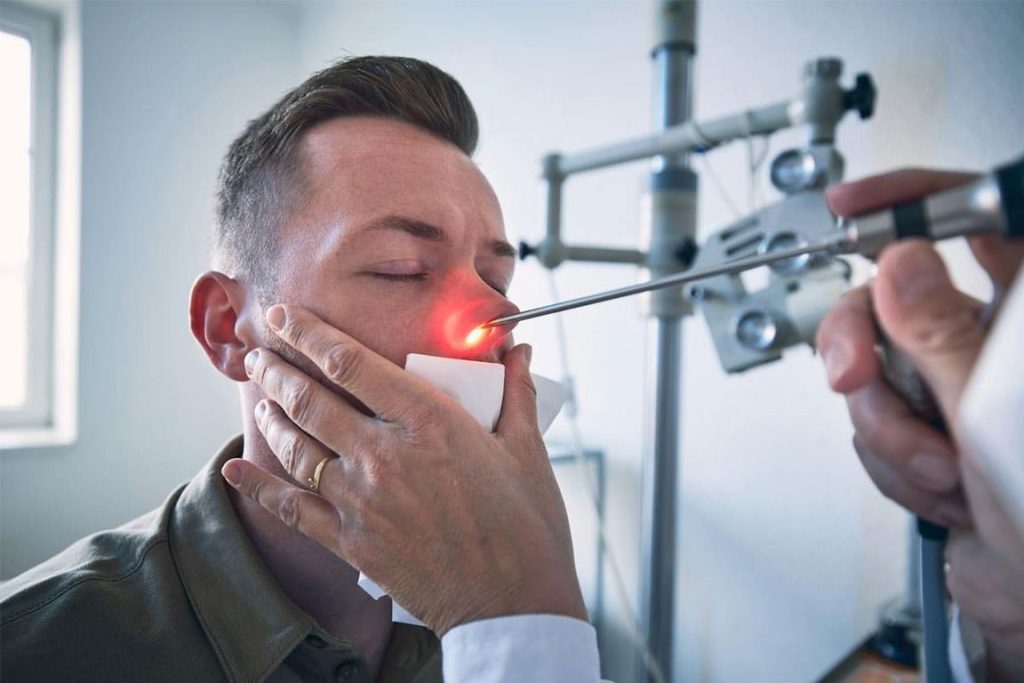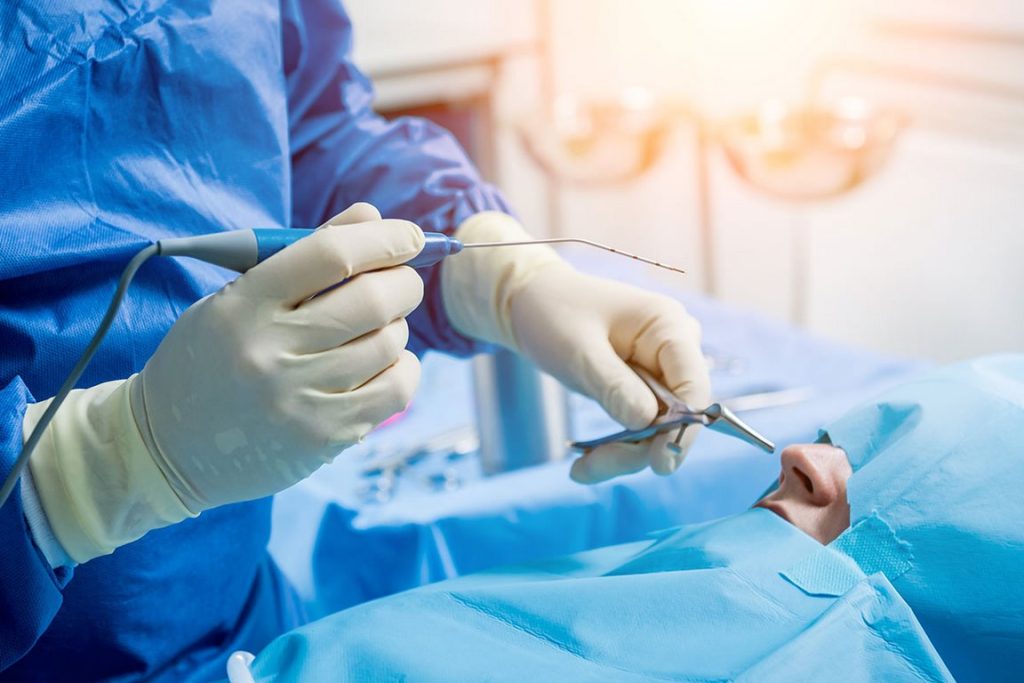What type of surgery is snoring surgery?
You may have experienced waking up abruptly from a deep sleep due to the sound of your own snoring. Snoring is actually a sound that originates from the throat while sleeping. Unfortunately, this sound is often loud and disturbing to others. If you are struggling with excessive snoring that disrupts your own sleep and disturbs your family members, it’s time to consider treatment. Snoring surgery is currently one of the most popular and effective procedures performed by professional specialists.
What causes snoring?
In some cases, snoring is temporary and occurs due to a cold or the use of certain medications. These types of snoring usually resolve over time. However, in other individuals, snoring is caused by airway obstructions, which are not easily treatable.
Snoring due to airway obstruction is often a chronic condition, commonly seen in people over the age of 40. According to collected data, men are more affected than women. When the airway is blocked, oxygen intake decreases, leading to interrupted breathing and sudden awakening during sleep.

It’s important to note that in some cases, the brain does not send a signal to wake the person during snoring episodes, and this can lead to suffocation during sleep. Obstructive sleep apnea is considered the main cause of chronic snoring. Additionally, individuals with excess weight are more likely to struggle with this issue. Below are some of the most common causes of snoring:
Enlarged tonsils
Narrow soft palate
respiratory
Respiratory problems
Receding lower jaw compared to the upper jaw
Overweight
Snoring treatment methods
If you’re someone who struggles with poor sleep and your snoring disturbs others in your household, it’s best to consult a professional specialist. These doctors will examine your condition, determine the type and cause of your snoring, and recommend the best treatment option.
With an accurate diagnosis, the most suitable treatment method can be selected. Fortunately, there are various methods to treat snoring. While snoring surgery may not be the first option, it is often the most definitive and long-lasting solution when other treatments fail.

Generally, there are two main approaches to treating snoring: surgical and non-surgical. Non-surgical methods are more commonly preferred by patients. However, if these approaches fail to deliver results, the specialist may recommend snoring surgery as a definitive solution. The following sections explain each method in more detail.
Using a CPAP Machine
If the patient’s snoring is not too severe, the specialist may recommend using a CPAP (Continuous Positive Airway Pressure) device. This machine includes a mask that delivers continuous air pressure into the patient’s airways, keeping them open throughout sleep. By maintaining an open airway, normal breathing is restored, and snoring is significantly reduced. This method is a non-surgical treatment option.
Snoroplasty injection
One of the most common causes of snoring is a soft palate. When the roof of the mouth is too soft or relaxed, it vibrates during sleep, producing a snoring sound. In this case, the specialist injects a special substance called sclerosing agent into the soft palate, which stiffens the tissue over time. It usually takes around 8 weeks to see results. It’s essential to have this procedure done by a skilled and experienced specialist.
Adenoidectomy (Surgical Removal of the Adenoids)
As mentioned earlier, in some cases, enlarged adenoids can obstruct the airway. Upon examining the patient, the snoring specialist may determine that adenoidectomy is the best course of treatment.
The surgeon will then remove the adenoids to open the airway and resolve the breathing obstruction causing snoring.
Laser Uvuloplasty (Laser Surgery of the Uvula)
In addition to the non-surgical treatments mentioned, patients may opt for snoring surgery. If non-surgical approaches fail to resolve the issue, a specialist can use laser technology to operate on the soft palate and clear the airway obstruction.
This procedure typically involves general anesthesia, but the recovery time is short and hospitalization is not usually required. Thanks to advancements in medical technology, specialists can now remove a small portion of the soft palate and uvula using a laser.
Pilar surgery
One of the simplest and least invasive surgical treatments for snoring is the Pillar procedure, which is done on an outpatient basis. There is no need for hospitalization.
During the procedure, the doctor inserts a small implant into the soft palate. This implant helps reinforce the soft palate. Over time, this strengthens the tissue and eliminates nighttime snoring.
Typically, specialists prefer non-surgical treatments or minimally invasive options. However, if these fail, surgery becomes the most effective solution.
Use of Oral Appliance
An oral appliance is another non-surgical option for treating snoring. This device works by repositioning the lower jaw and tongue during sleep, helping to widen the airway. It stretches the airway muscles, allowing better airflow and preventing obstructions during breathing.
These appliances must be used under the supervision of a specialist, and there are different types depending on the severity of the snoring. Generally, they should be prescribed and fitted by an experienced medical professional.
Er:YAG Laser Treatment
Another non-surgical option is treatment with the Erbium:YAG laser. This method requires no anesthesia and is painless both during and after the procedure. The good news is that if this method is effective for you, you may experience slight improvement right after the first session.
During the procedure, the specialist targets areas such as the tonsils, soft palate, tongue base, and uvula with the laser. These tissues are gently heated to around 42°C, which gradually reduces airway obstruction and improves sleep quality.
To enhance the results of this treatment, patients are advised to lose weight, quit smoking, avoid alcohol before bedtime, and refrain from eating heavy meals at least two hours before sleep.
Uvulopalatopharyngoplasty (UPPP or Throat Surgery)
In addition to laser uvula surgery, which is relatively simple, some patients require more complex surgeries for full recovery. One such advanced procedure is throat surgery (UPPP).
This surgery must be performed under general anesthesia by a qualified surgeon. Patients typically need to be hospitalized for one or two nights after the procedure.
During the surgery, a portion of the back of the throat or the uvula is removed to open the airway and eliminate snoring. In some cases, the surgeon may also remove the tonsils.
Other Surgical Options for Snoring
In addition to the procedures discussed earlier, specialists may resort to other surgical options if non-surgical methods fail to relieve the patient’s snoring. These procedures include:
Removal of tissue from the back of the throat
Tracheostomy for severe cases
Partial tongue base resection
Removal of the lingual tonsils
Pre-Surgical Evaluation for Snoring
Before proceeding with snoring surgery, specialists typically perform thorough evaluations. One such method involves inserting a flexible scope into the patient’s nose and throat to identify the exact site of airway blockage during sleep.
Sleep endoscopy is another diagnostic tool used before surgery. Specialists may also use MRI or other imaging techniques to accurately locate the obstruction.
With the help of a skilled medical team, your snoring issue can be addressed effectively. These pre-surgical evaluations are crucial and should not be overlooked.

Recovery After Snoring Surgery
As mentioned earlier, snoring surgery is one of the most effective treatments for this issue and is usually performed under general anesthesia, meaning the patient remains unconscious during the procedure.
Following surgery, the patient typically stays in the hospital for one or two nights for close monitoring by the specialist. With proper medical guidance and time, the positive effects of the surgery become evident.
Post-operative checkups allow the doctor to assess the healing process and ensure the treatment has been successful.

Cost of Snoring Surgery
Like most surgical procedures, snoring surgery involves considerable costs. These expenses depend on factors such as the type of surgery, underlying causes of snoring, the chosen specialist, and the services provided by the clinic.
To get an initial estimate, it’s best to consult an ENT specialist or a sleep doctor. After evaluating your airway condition and conducting necessary tests, they will recommend the most appropriate surgical method and explain the associated costs.
Key factors affecting the total cost of snoring surgery include:
Severity of airway obstruction
Patient’s insurance coverage
Duration of hospital stay
Type of surgical technique
Experience and expertise of the surgeon
Benefits of Snoring Surgery
Snoring surgery can significantly improve your quality of life. You’ll no longer feel drowsy during the day as your night sleep will be more restful. It also helps eliminate insomnia and enhances your focus.
Other major benefits include:
- Improved memory
- Reduced anxiety
- Less irritability
- Relief from morning headaches
- Better concentration
- Relief from depression
- Fix problems related to focusing
- Fix memory related problems
- Treatment of morning headaches
- Eliminate extreme irritability
- depression treatment
- Relieve anxiety
Guide to Choosing the Best Surgeon for Snoring Surgery
The easiest and least invasive way to treat snoring is through non-surgical methods. However, if those approaches are ineffective, the patient should consider undergoing snoring surgery.
Since there are several surgical options available, it is essential to consult a qualified specialist who can accurately diagnose the issue and recommend the most suitable treatment.
Dr. Rahmati’s clinic is among the trusted centers offering high-quality snoring surgeries with a strong focus on patient satisfaction.




